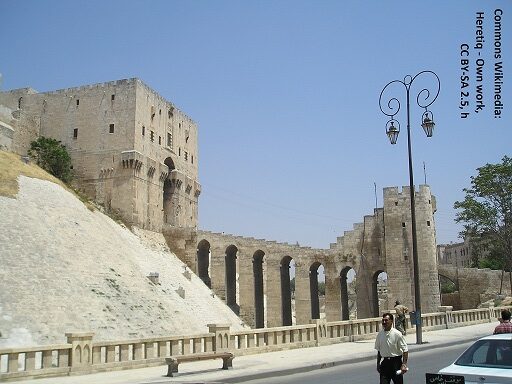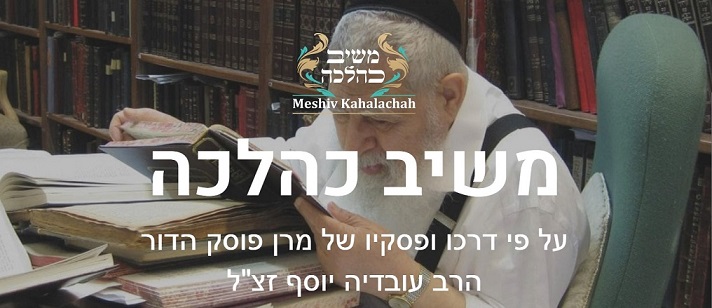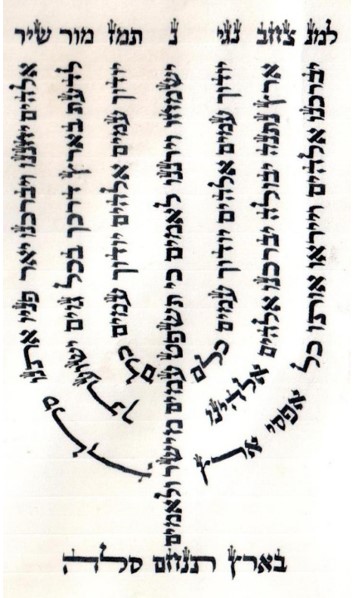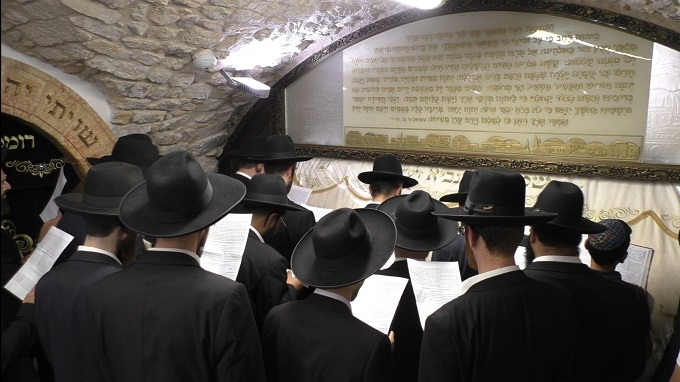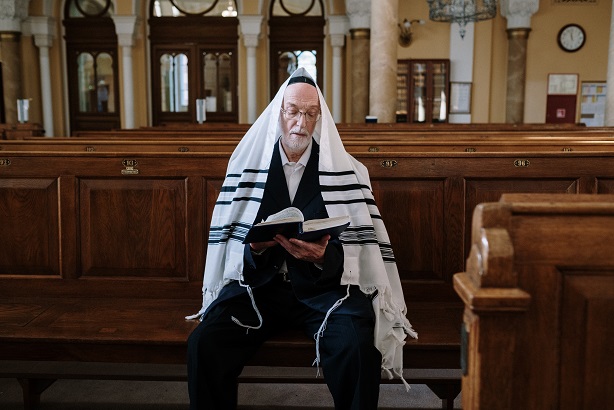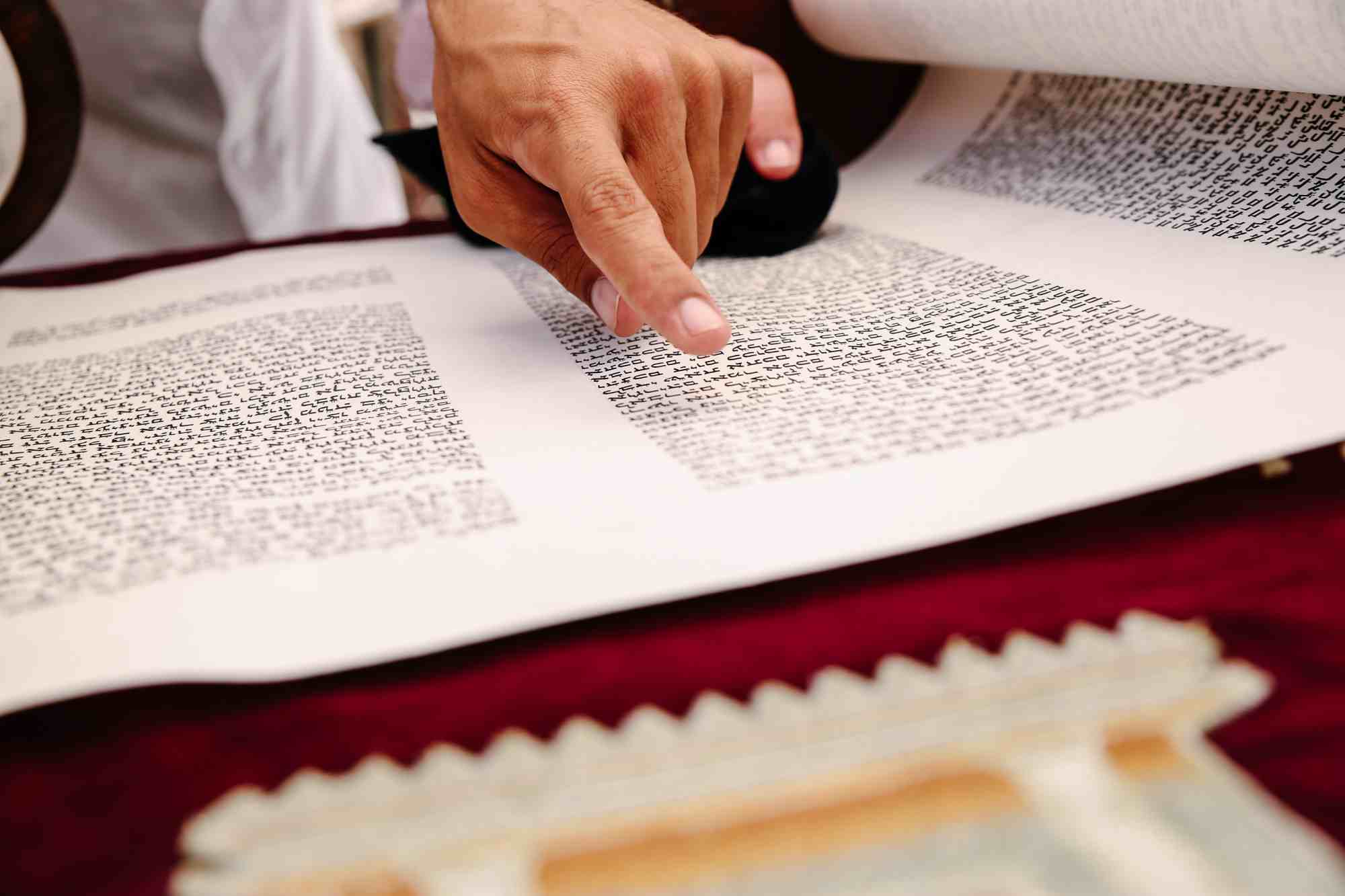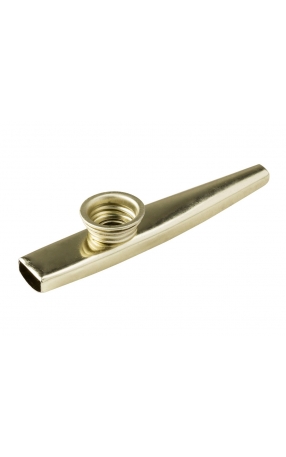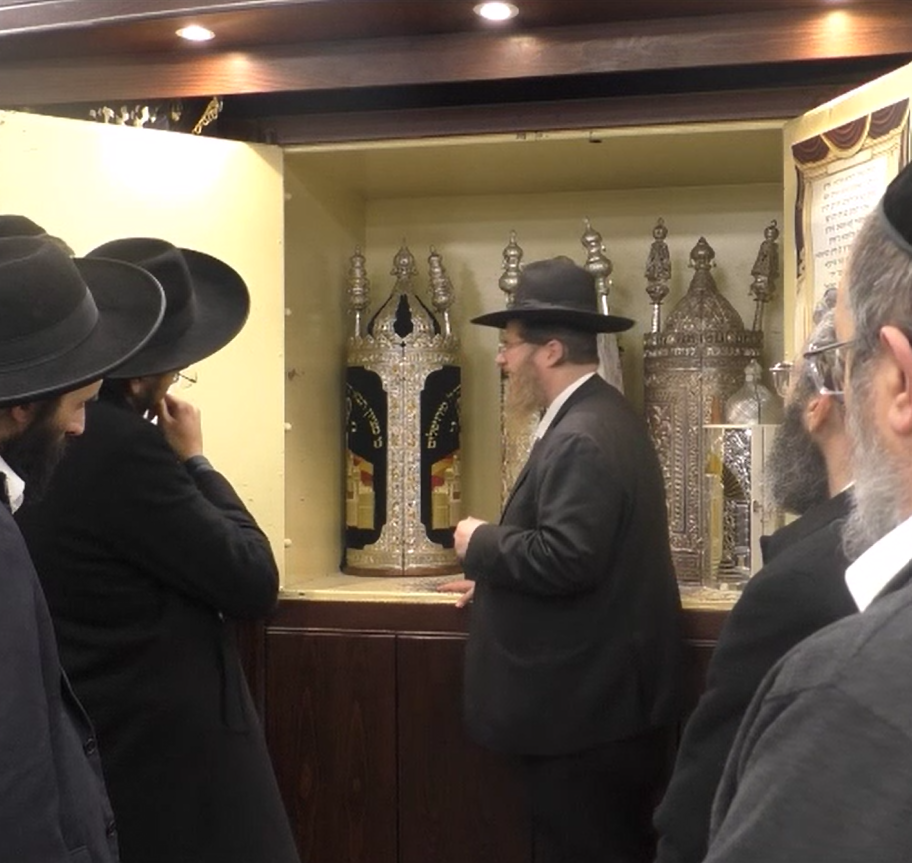Question:
I’ve heard that whoever’s angry is breaking the torah law of ‘vhalachta bederachav’, (following in his footsteps) in my nature I’m angry and it’s very hard for me not to be angry at all, are the things true? And how can you sue a person to be whole in the degree of anger as soon as he becomes bar mitzvah?
Answer:
The work on the religion of mercy on the creatures is from the commandments of the torah according to most of the reshonim, as the sages said, just as god is mercy you should also be merciful, including the acts born of the degree of mercy, and that give rise to the degree of mercy, such as the detachment of kindness to those who need it, as a visit to the sick, comforting mourners, etc. Apart from the opinion of the ‘rasag’ and the ‘yeraim’ that the bad midot are not an sin in fact, but that they lead to bad deeds.
Indeed, the work on the dimensions of anger, tide, lust for the body, persecution of wealth, stinginess, our sages were divided if they are included in the mitzvot of ‘vhalachta bederachav’ (followed in his footsteps), that the opinion of Maimonides and The Mairi and the Rabbis bichai, which are also mitzvot and went his way, and the opinion of bahag and others who are not at all mitzvot and followed in his footsteps.
And in the matter of Halacha, it seems most like the opinion of the rambam that he is a clear arbiter, and also other agree with him (and especially in the opinion of the Rabbi Abba Shaul z”l who said that wherever Maran did not discover his opinion, they ruled as Maimonides).
Also in the opinion of the rambam one does not sin the mitzva of ‘vhalachta bederachav’ every time he gets angry, but rather the charge is the mere fact of working on the dimensions to reach them to the “middle line” each “as his strength”, and does not pass through this commandment. but those who do not work on his dimensions. And also to know that the rest of the first ones need to correct its dimensions in order to be saved from wrongdoing.
And it is important to emphasize that apart from prohibition and following in his footsteps, there are many prohibitions that can be failed by virtue of virtue, such as that the heat of anger unlawfully upsets his friend and goes through the sin of ‘onah’, or that he speaks in his depraved ways and sins in defamation, and these are certainly forbidden things from the torah by all accounts.


